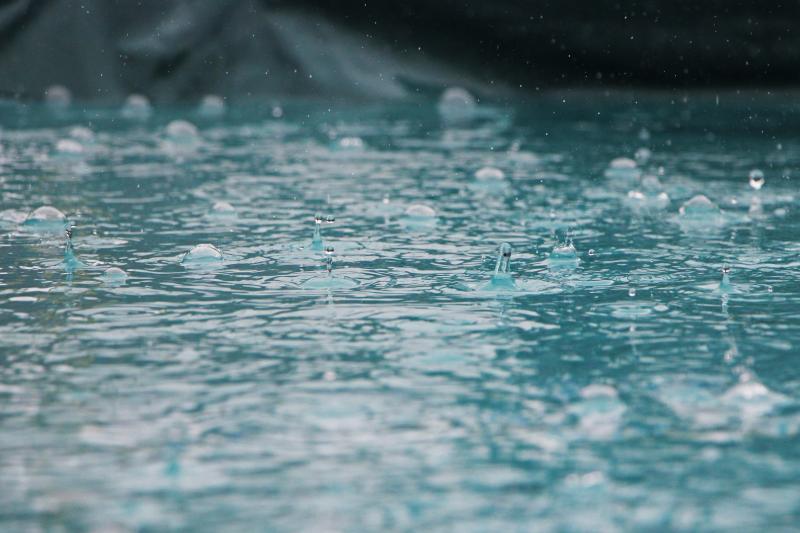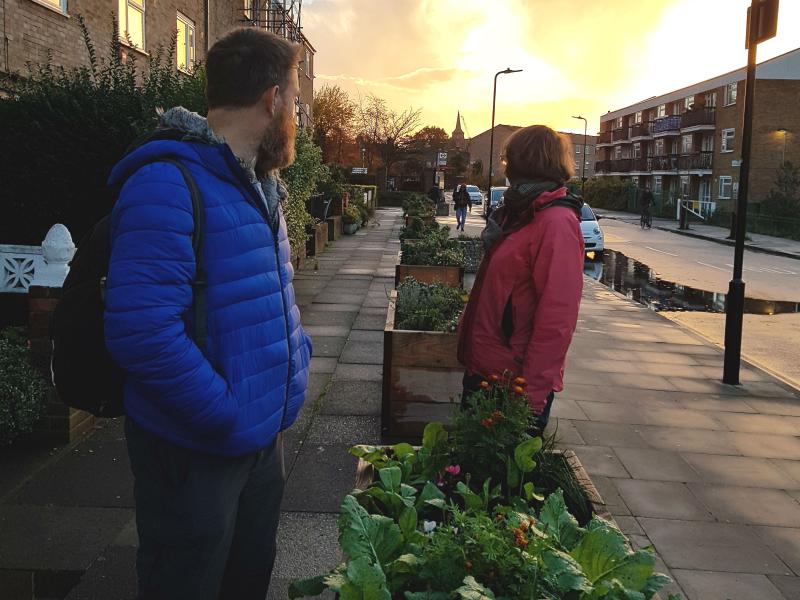Christian Graham07 Jun 2022
Like many teams, the Experiments team at Friends of the Earth has often struggled with embodying some aspects of our organisational value around making and measuring impact while focusing on what makes the most difference. But we’ve also learned a few things while we’ve been trying to do better.
So here are some things I think about when we think about impact (with thanks to Haruki Murakami).
Proxies
It's often hard to measure the change you hope to see directly, so track what you can and consider whether there are useful alternatives. For example, you may not be able to measure whether someone has changed their mind about recycling (and they may not admit it anyhow), but if the weight of their recycling box has changed it could be an indicator.
Try not to be too pleased about the cleverness of your proxies though, as they are rarely perfect. Taking the above case, your wannabe recycler might have simply chucked some rocks into their empty recycling box to stop it blowing away in bad weather.
Ripples
You may be looking to make a splash with your work, but it’s sometimes the unintended consequences or ripples which are most interesting and tell you a bigger truth about where to put your focus in the future. We are encouraged to go where the energy is – and ripples are a strong indicator of energy in the wider world.
One example of an impact ripple we couldn’t have predicted came from our 10xGreener community gardening pilot in E5. Encouraged by the community’s interest, the local council decided to use the area to trial reducing street-based herbicide application. It was successful, and now glyphosate-free zones are being rolled out across the borough.
What really matters
The things we believe are important, such as number of sign-ups, are not necessarily what the average person thinks is crucial. I sometimes wonder how Friends of the Earth would be different if we thought about impact along the lines of effective altruism with a dash of Maslow’s hierarchy of needs:
- Lives saved (plant, animal, human)
- Lives improved (basic, psychological, safety and belonging needs met)
- Suffering minimised in the transition to a low carbon world
Imagine if we talked about the impact of our next campaign in these terms?
My baby is not always beautiful
Lastly, a common trap for me used to be falling in love with my idea. I’d carefully nurture and refine it until it was ready for the outside world. Inevitably, once I finally revealed it, the world was often unimpressed.
It takes a village to raise a baby - and so it is with an idea. It needs its nose wiped, cheeks pinched, drool mopped up and hair brushed by others before its vaguely presentable. Testing your idea early with others will always result in something better.
This article is one example of this principle in action. I produced an early draft and asked another colleague to critique it. Some ideas were ditched, while others were improved considerably by their input.
Read more: Take a gander at what we are currently up to.



